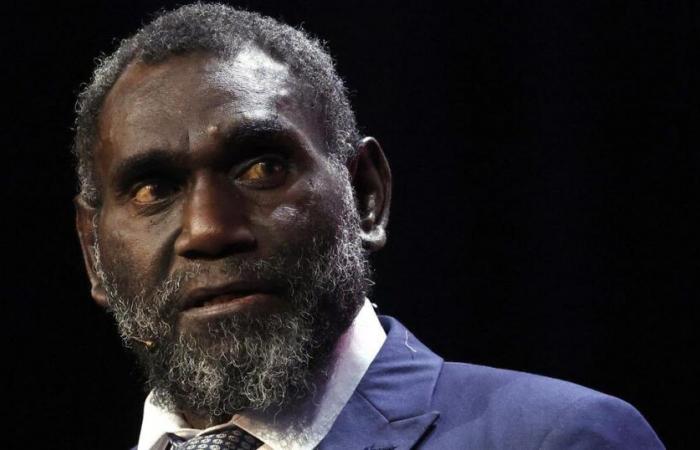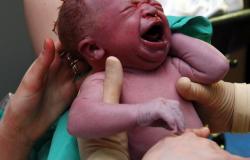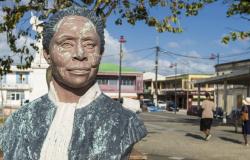
In 2019, 97.7% of voters in this territory, which has around 300,000 inhabitants, voted in favor of independence.
The gold and copper-rich island of Bougainville should declare independence from Papua New Guinea by 2027, eight years after holding a referendum, its leader said on Wednesday. “The people have spoken” et “the political calendar ends in 2027”Ishmael Toroama, president of the autonomous region of Bougainville, told reporters on Wednesday on the sidelines of a conference in Sydney on investments in Papua New Guinea.
In 2019, 97.7% of voters in this territory, which has around 300,000 inhabitants, voted in favor of independence. The vote closed a peace agreement dating from 2001, ending a ten-year conflict between Bougainvillea rebels, Papua New Guinea security forces and foreign mercenaries which left up to 20,000 dead.
In 2021, Bougainville rebel leaders and the Papua New Guinea government agreed on a process to lead to a “declaration of independence” by 2027. It will be up to the Papua New Guinea parliament to ratify the declaration of independence, said Ishmael Toroama. “We have established these deadlines and we respect them, but, as I said, they are subject to the parliamentary process”for his part declared the Prime Minister of Papua New Guinea James Marape in an interview with AFP, not wanting to commit to a date.
19 million ounces of gold in the mine
Ishmael Toroama indicated that his region “was considering reopening” the Panguna opencast mine, which at one time accounted for more than 40% of all of Papua New Guinea's copper exports. It was operated between 1972 and 1989, but local anger over environmental damage and the distribution of profits sparked an uprising that led to its closure.
The mine is estimated to still contain more than five million tons of copper and 19 million ounces of gold, worth billions of dollars at current market prices. An exploration license was granted to the Bougainville Copper company in January.
Ishmael Toroama mentioned “abundant possibilities” investment by predicting a “increased activity” from next year, without however giving a date for the resumption of operations. The mine, formerly operated by the Anglo-Australian mining giant Rio Tinto, however, still poses environmental problems, according to a report published in December by the Australian consulting firm Tetra Tech Coffey.





